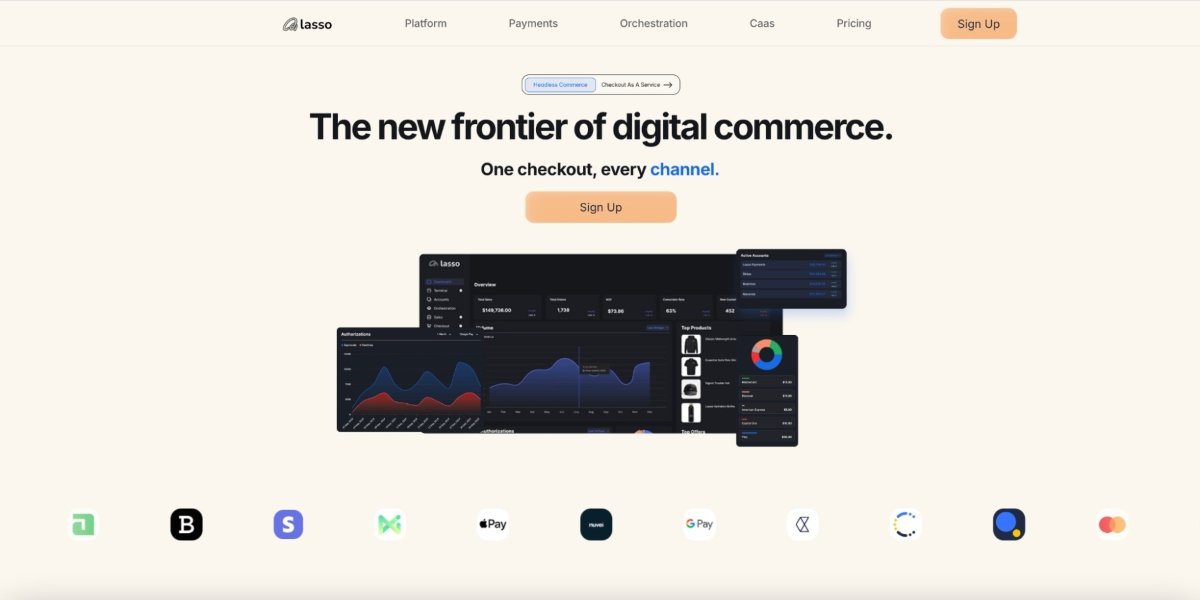The global economic landscape has undergone a profound transformation in recent years, pivoting towards a knowledge-based economy. This new economic paradigm, fueled by advancements in technology and a heightened emphasis on intellectual capabilities, starkly contrasts traditional economies that relied heavily on physical labor and natural resources. At the heart of this shift is the burgeoning importance of human capital — a resource becoming increasingly vital for nations aiming to maintain competitive edges in innovation and technology.
The emergence of the knowledge-based economy brings with it a compelling argument for reevaluating and reshaping immigration policies worldwide. Traditional views on immigration, often grounded in the needs of a bygone industrial era, are proving inadequate for addressing the complexities and demands of this new economic environment.
In a world where the exchange of ideas and specialized skills sets the foundation for progress and growth, “the ability to attract and retain skilled immigrants is no longer just a policy option, but a necessity,” urges Carlos Colombo, attorney and founder of Colombo & Hurd, PL.
Understanding the knowledge-based economy
The knowledge-based economy — a term popularized by business management consultant Peter Drucker — emphasizes the essential role of human capital in the 21st-century economy. This economy is characterized by its reliance on computerization, big data analytics, automation, and intellectual capital over traditional production processes.
A knowledge-based economy marks a significant shift from those dependent on unskilled labor and physical goods production to those dominated by service industries requiring higher levels of thinking and data analysis. This shift is also reflected in the increasing value of intangible assets, such as patents, copyrights, and proprietary software, over physical assets like land or manufacturing equipment.
The knowledge economy supports and is fueled by innovation, research, and rapid technological advancement, with a workforce that is highly computer-literate and skilled in creating business and financial models. This necessity for constant innovation also leads to a significant portion of company resources allocated to research and development projects. The interaction between research centers, universities, think tanks, and businesses plays a critical role in this dynamic environment.
One of the critical features of the knowledge economy is the increased importance of intellectual capital, comprising human capital, customer capital, and structural capital. Intellectual capital is the intangible value of an organization, encompassing aspects like employee skills, customer relationships, and intellectual property.
Overall, the knowledge economy represents a paradigm shift in the global economic landscape, highlighting the growing importance of knowledge, skills, and innovation. This shift necessitates a reevaluation of traditional economic models and policies, particularly in the realm of immigration, to attract and retain the intellectual talent essential for maintaining competitiveness in this new economic environment.
The current state of global immigration
In 2023, global immigration policies are experiencing significant shifts and challenges. Top migrant-destination countries have expanded enforcement-minded policies to limit access to asylum and stop unauthorized migration.
For example, the United States implemented a new strategy to raise the bar for asylum at the US-Mexico border, and Italy is working on a deal to house asylum seekers in Albania. The EU has also engaged North African countries as gatekeepers to block irregular migration despite concerns about discrimination against sub-Saharan African migrants.
Additionally, migration patterns are evolving, with migrants often seeking second or third destinations, a trend influenced by COVID-19-related barriers lifting and ongoing economic ripple effects from the pandemic. This has highlighted mismatches between legal systems and actual migrant behaviors, as seen in the movements of Haitians across the Americas and Venezuelans setting their sights on North America.
“These changing dynamics in global migration highlight the need for updated and more responsive immigration policies that can accommodate the evolving nature of global movement and address the challenges of integration and legal frameworks,” notes Colombo.
The economic imperative of skilled immigration
Skilled immigration plays a vital role in fostering economic growth and innovation in the knowledge-based economy. Immigrants bring diverse skills and perspectives crucial for creativity and problem-solving, driving technological advancements and business growth. Economies benefit from the influx of talent in several ways, including filling skill gaps in the labor market, increasing productivity, and contributing to a dynamic and competitive business environment.
Moreover, skilled immigrants often establish businesses, creating jobs and stimulating economic activity. They also contribute to the development of new products and services, enhancing the global competitiveness of their host countries. Their participation in the workforce can lead to higher wages and improved living standards for all.
Given these contributions, countries with proactive, skilled immigration policies can harness these benefits to bolster their economic strength and adaptability in the rapidly changing global market. “Skilled immigration is not just beneficial but essential for economic sustainability and growth in today’s knowledge-driven global economy,” Colombo explains.
Countries proactive in adapting their immigration policies to the demands of the knowledge-based economy will be better positioned to harness the benefits of skilled immigration. This adaptation is not just advantageous but essential for sustained economic growth and global competitiveness in today’s knowledge-driven world.
“It’s clear that immigration policies must evolve in tandem with the economic landscape, ensuring that nations can effectively tap into the vast potential of skilled immigrants,” Colombo says.’
Published by: Nelly Chavez












